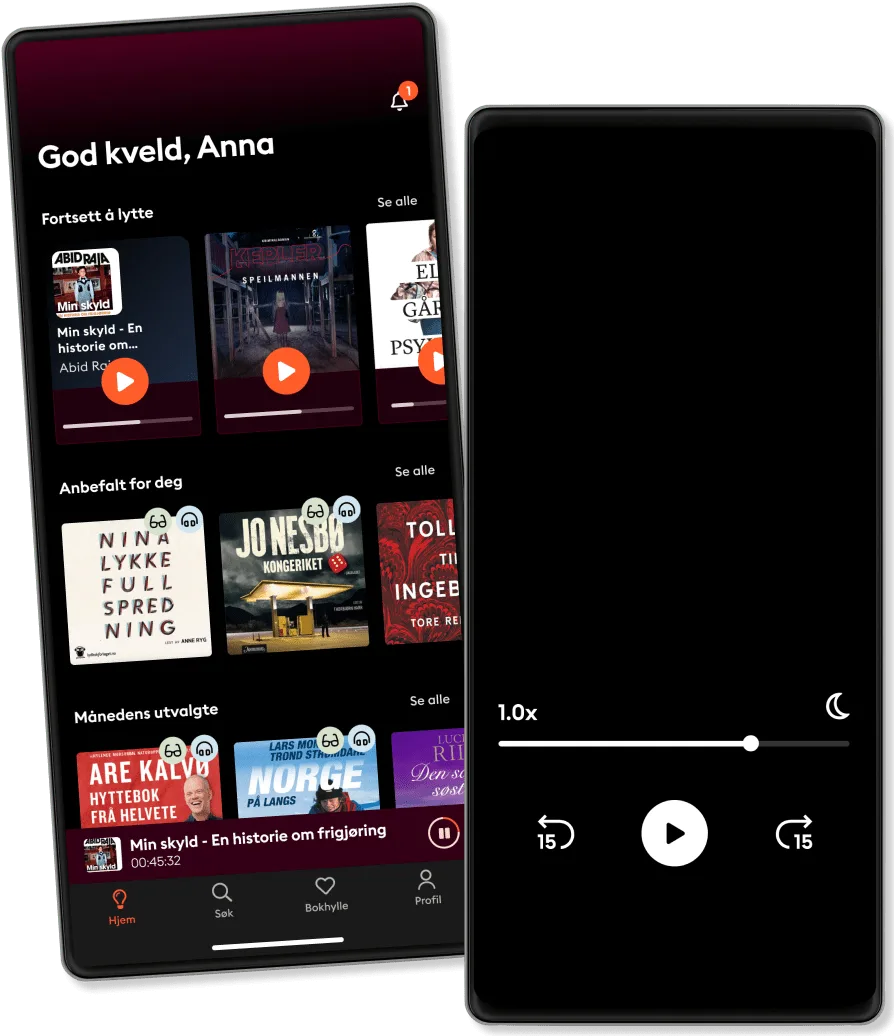Off-Grid Projects: Innovative and Practical Projects for Living Off the Grid
- Av
- Med
- Forlag
- Spilletid
- 3T 21M
- Språk
- Engelsk
- Format
- Kategori
Fakta og dokumentar
Definition of Off-Grid Living Off-grid living is a lifestyle in which individuals or communities rely on their own resources to meet their energy, water, food, and shelter needs, rather than depending on public utilities and services. The term "off-grid" refers to the absence of a connection to the electrical grid, but the concept extends to all aspects of life that can be self-sustaining
The appeal of off-grid living stems from several factors. For some, it is a desire for independence and self-reliance, a longing for a simpler and more sustainable way of life, and a conscious effort to reduce their impact on the environment. For others, it may be a financial decision, as the cost of connecting to public utilities can be high in remote areas. Whatever the motivation, off-grid living requires a significant investment of time, effort, and resources, but can offer many benefits
Off-grid living involves the use of renewable energy sources such as solar, wind, hydro, and biofuels, to generate electricity. These systems can be designed to meet the specific needs of the household or community, and are often combined with energy storage systems such as batteries or pumped hydro storage. By relying on renewable energy sources, off-grid living can help reduce greenhouse gas 2 emissions and environmental degradation associated with fossil fuel based energy systems
© 2024 Bamboo Publishing LLC (Lydbok): 9798882401817
Utgivelsesdato
Lydbok: 13. april 2024
Tagger
Andre liker også ...
- Skriket Jan-Erik Fjell
4.2
- Stormberget Liza Marklund
4
- Hushjelpen Freida McFadden
4.4
- Jakten på en serieovergriper Anne-Britt Harsem
4.8
- Jordmoren i Auschwitz Anna Stuart
4.8
- Hemmeligheten Lee Child
3.8
- Perfekte forbrytelser finnes ikke Steinar H. Nygaard
4.1
- Appelsinparken Merete Lien
3.9
- Polarsirkelen Liza Marklund
3.8
- Glemt på en søndag Valérie Perrin
4
- Kallmyren Liza Marklund
4.3
- Makten og æren Henrik H. Langeland
4.3
- Hushjelpens hemmelighet Freida McFadden
4.3
- Markens grøde Knut Hamsun
4.8
- Tørt land Jørn Lier Horst
4.3
Derfor vil du elske Storytel:
Over 900 000 lydbøker og e-bøker
Eksklusive nyheter hver uke
Lytt og les offline
Kids Mode (barnevennlig visning)
Avslutt når du vil
Unlimited
For deg som vil lytte og lese ubegrenset.
219 kr /måned
Lytt så mye du vil
Over 900 000 bøker
Nye eksklusive bøker hver uke
Avslutt når du vil
Premium
For deg som lytter og leser ofte.
189 kr /måned
Lytt opptil 50 timer per måned
Over 900 000 bøker
Nye eksklusive bøker hver uke
Avslutt når du vil
Family
For deg som ønsker å dele historier med familien.
Fra 289 kr /måned
Lytt så mye du vil
Over 900 000 bøker
Nye eksklusive bøker hver uke
Avslutt når du vil
289 kr /måned
Basic
For deg som lytter og leser av og til.
149 kr /måned
Lytt opp til 20 timer per måned
Over 900 000 bøker
Nye eksklusive bøker hver uke
Avslutt når du vil
Få 50 % rabatt i 3 måneder 💰📚
Kos deg med ubegrenset tilgang til mer enn 900 000 titler.
- Lytt og les så mye du vil
- Utforsk et stort bibliotek med fortellinger
- Over 1500 serier på norsk
- Ingen bindingstid, avslutt når du vil

Norsk
Norge